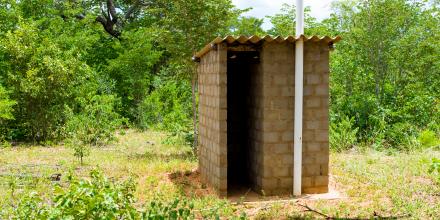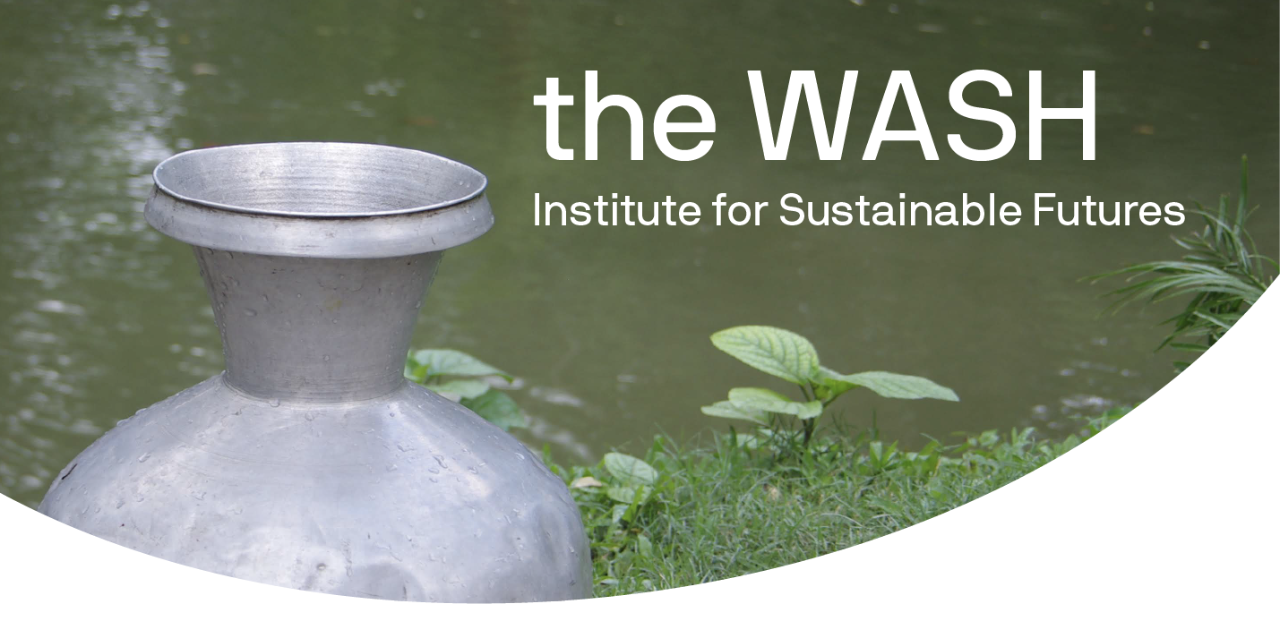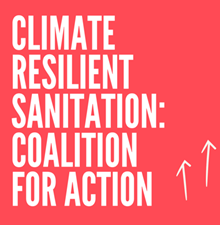Providing evidence, partnerships and know-how to solve challenges in access to water, sanitation and hygiene.
ISF conducts research to support better water, sanitation and hygiene (WASH) policy and practice in Asia and the Pacific.
We are committed to ethical principles of participation and equality and we work in partnership with government, civil society and the private sector to provide an evidence base for more sustainable outcomes.
-
Professor and Research Director
-
Associate Director Research
-
Associate Professor and Research Director
-
Associate Professor and Research Director
-
Senior Research Consultant
-
Research Principal
-
Senior Research Consultant
-
Research Consultant
-
Research Consultant
-
Professor and Research Director
-
Senior Research Consultant
-
Research Consultant
-
 Alejandro Medina ValenzuelaResearch Assistant
Alejandro Medina ValenzuelaResearch Assistant -
Research Consultant
-
Research Consultant
-
Research Assistant
The UTS Institute for Sustainable Futures is a member of the Climate Resilient Sanitation Coalition.
Poorly managed sanitation systems impacted by climate hazards create major health and contamination risks, and also contribute significant greenhouse gas emissions. And yet sanitation can be a climate solution, with adaptation and mitigation benefits for communities, ecosystems and living environments.
Building on a joint Call to Action launched at COP27 in 2022, the Climate Resilient Sanitation Coalition aims to integrate sanitation into climate policy and practice, and climate adaptation and mitigation into sanitation policy and practice. It is a growing coalition of international organisations, research organisations and practitioners working collectively towards improved prioritisation, capacity and investment in climate resilient sanitation.
Access our member resources on sanitation and climate mitigation, adaptation and financing.


























